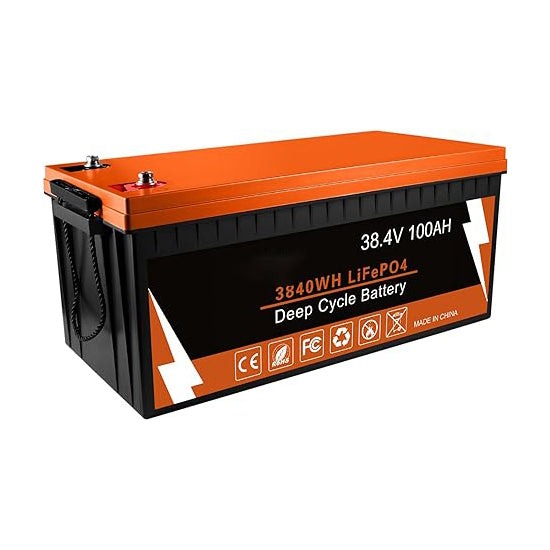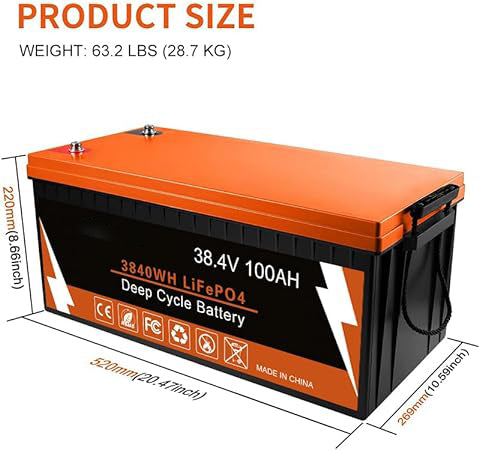RV Lithium Batteries
The LiFePO4 battery specially designed for RVs are safe, stable and long-lasting. With low self-discharge, it can be used as and when you need it; it supports fast charging, so you can travel without worry. Green and environmentally friendly, adding peace of mind for every journey. We provide customized battery solutions to meet your different RV power needs. Choose us to make RV life more convenient and comfortable, and explore more beautiful scenery!
Sort by
- Featured
- Best selling
- Alphabetically, A-Z
- Alphabetically, Z-A
- Price, low to high
- Price, high to low
- Date, old to new
- Date, new to old














